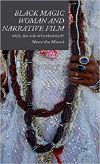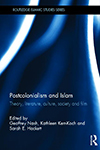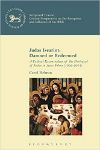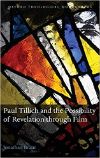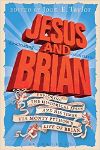- Author(s): Joseph McBride
- When: 1973-07
- Where: Film Comment
In John Ford's best work, spiritual qualities are expressed through, and not in opposition to, the physical world. The Fugitive (1947), a film he described as his "Passion Play," is so heavily allegorical that it ascends (or descends) into a realm of abstraction which drains all the human values from the religious faith it attempts to express. The censors forbade Ford to retain the elements of alcoholism and lechery in the character of the priest as written by Graham Greene (in The Power and The Glory), and the compromises devitalize whatever Ford might have made of the drama, leaving us with a hero James Agee aptly described as a "creeping Jesus" sleepwalking through a series of arty overwrought compositions. On the other hand, THREE GODFATHERS, a little known Western made in the following year, is almost entirely convincing as religious allegory because Ford (but for a few moments of gaucherie) lets the story tell itself as simply and organically as a New Testament parable. The slow torture of the desert crossing, the harsh beauty of the scorched color landscapes, and the constant threat of death from thirst keep the spiritual undercurrents of THREE GODFATHERS firmly rooted in the physical.

